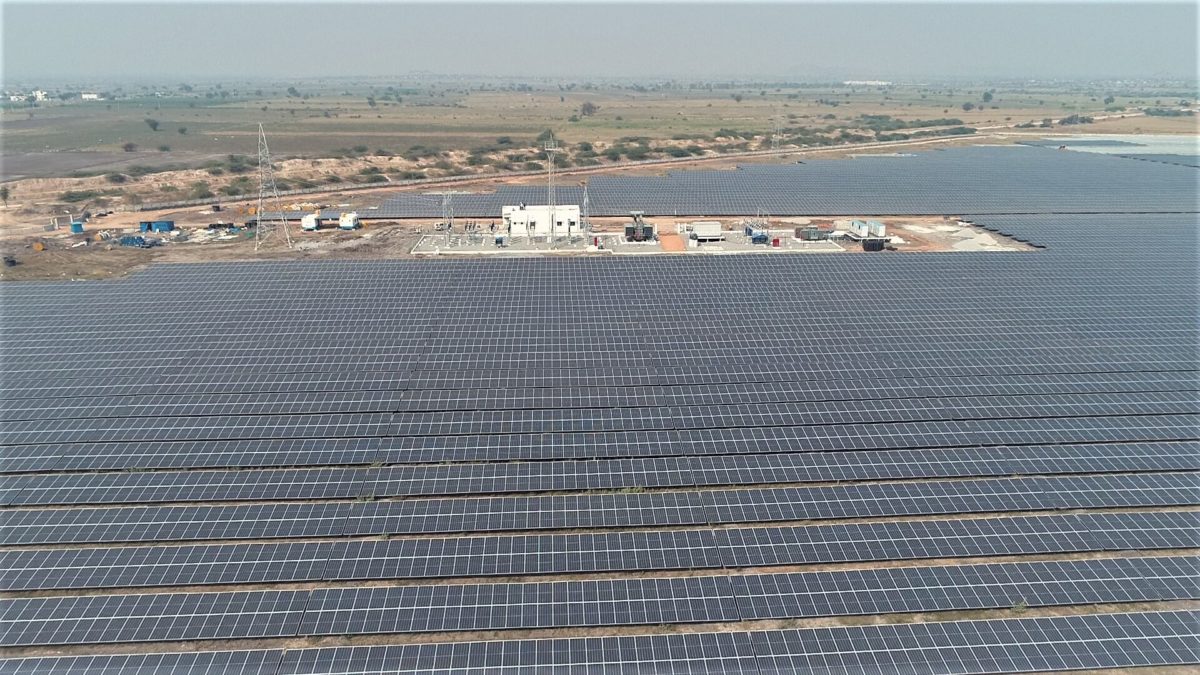India has undergone a notable transformation in its stance on sustainability and environmental stewardship in recent times. In grappling with the challenges posed by climate change, there has been a discernible shift towards integrating green finance into the economic fabric. Green finance, which aligns financial investments with sustainable and eco-friendly projects, has emerged as a pivotal force in fostering the advancement of renewable energy in India.
Addressing the pressing concerns of climate change and embracing sustainable development have gained prominence in India. With a burgeoning population and escalating energy needs, the country recognizes the imperative of embracing clean and renewable energy sources. The government’s commitment to achieving renewable energy targets has paved the way for innovative financing mechanisms supporting the transition to a greener economy.
A fundamental aspect of green finance in India is aligning sustainability with financial returns. Traditionally, there was a perception that sustainable investments might compromise financial gains. However, the evolving landscape of green finance challenges this notion. Investors now acknowledge that environmentally responsible projects, especially in the renewable energy sector, not only contribute to a cleaner environment but also offer lucrative financial returns.
The surge of green finance in India has unlocked diverse opportunities for investors and businesses. Various financial instruments, such as green bonds and sustainable investment funds, are gaining prominence. Recently, REC Ltd released Green bonds with maturities of 5 years, 5.25 years, and 10 years as part of its US$ 10 billion Global Medium Term Notes Programme. Various instruments enable investors to direct funds into projects promoting renewable energy generation, energy efficiency, and other environmentally sustainable initiatives.
India’s commitment to renewable energy is evident in its ambitious targets, aiming to achieve 500 GW of renewable energy capacity by 2030. The country has witnessed a surge in solar and wind energy projects, backed by investments from both domestic and international sources. Green finance plays a pivotal role in funding these projects, facilitating the expansion of renewable energy infrastructure and contributing to a reduction in the carbon footprint.
The Indian government has been proactive in creating an enabling environment for green finance. Initiatives such as the PLI schemes for domestic PV module manufacturing underscore a commitment to providing financial support and incentives for sustainable projects. Additionally, policy measures and regulatory frameworks are being designed to attract investments into the renewable energy sector, fostering a conducive ecosystem for green finance to thrive.
While the rise of green finance in India is promising, it is not without challenges. Issues such as project risks, policy uncertainties, and the need for standardized green finance metrics pose hurdles for the sector. However, as the industry matures and stakeholders collaborate, these challenges are likely to be addressed, opening up even greater prospects for green finance in India.
The ascent of green finance in India reflects a broader global trend towards sustainable and responsible investment. With increasing awareness of environmental issues and a commitment to achieving renewable energy targets, India is poised to become a key player in the green finance landscape. As businesses, investors, and policymakers unite, the financing of the future of renewable energy in India will not only contribute to a greener planet but also generate sustainable economic growth.
The views and opinions expressed in this article are the author’s own, and do not necessarily reflect those held by pv magazine.
This content is protected by copyright and may not be reused. If you want to cooperate with us and would like to reuse some of our content, please contact: editors@pv-magazine.com.








5 comments
By submitting this form you agree to pv magazine using your data for the purposes of publishing your comment.
Your personal data will only be disclosed or otherwise transmitted to third parties for the purposes of spam filtering or if this is necessary for technical maintenance of the website. Any other transfer to third parties will not take place unless this is justified on the basis of applicable data protection regulations or if pv magazine is legally obliged to do so.
You may revoke this consent at any time with effect for the future, in which case your personal data will be deleted immediately. Otherwise, your data will be deleted if pv magazine has processed your request or the purpose of data storage is fulfilled.
Further information on data privacy can be found in our Data Protection Policy.